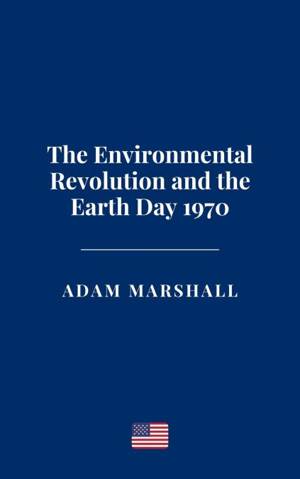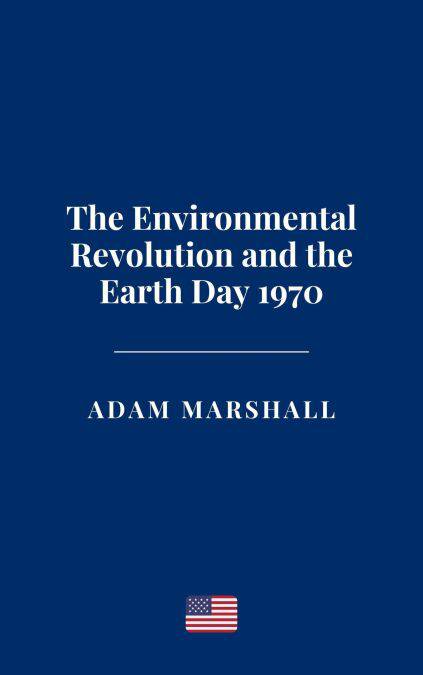
- Retrait gratuit dans votre magasin Club
- 7.000.000 titres dans notre catalogue
- Payer en toute sécurité
- Toujours un magasin près de chez vous
- Retrait gratuit dans votre magasin Club
- 7.000.0000 titres dans notre catalogue
- Payer en toute sécurité
- Toujours un magasin près de chez vous
Description
The 1960s were a time of great upheaval and transformation. The world was navigating the complex fallout of the Second World War, the rapid expansion of industrialization, and the geopolitical tensions of the Cold War. Yet, amidst these global crises, another looming issue was becoming more evident: the degradation of the environment. By the end of the decade, the consequences of unchecked industrial growth were impossible to ignore. Pollution, deforestation, and the depletion of natural resources were becoming increasingly urgent problems, prompting some to question the very path humanity had taken.
In the early 1960s, environmental issues were largely relegated to the periphery of public concern, often seen as niche issues of scientific interest rather than urgent social problems. However, several crucial moments in this decade would shift this view dramatically. One of the most significant was the publication of Silent Spring by Rachel Carson in 1962. Carson, a marine biologist and writer, brought the issue of pesticide pollution to the forefront of public consciousness. In her book, Carson provided a chilling analysis of the widespread use of pesticides, particularly DDT, and their devastating effects on wildlife and ecosystems. Carson's writing was not just an ecological call to action; it was a wake-up call to the broader public about the unchecked consequences of technological advancement and human intervention in nature.
Spécifications
Parties prenantes
- Auteur(s) :
- Editeur:
Contenu
- Langue:
- Anglais
Caractéristiques
- EAN:
- 9798230990390
- Date de parution :
- 08-03-25
- Format:
- Ebook
- Protection digitale:
- /
- Format numérique:
- ePub

Les avis
Nous publions uniquement les avis qui respectent les conditions requises. Consultez nos conditions pour les avis.






